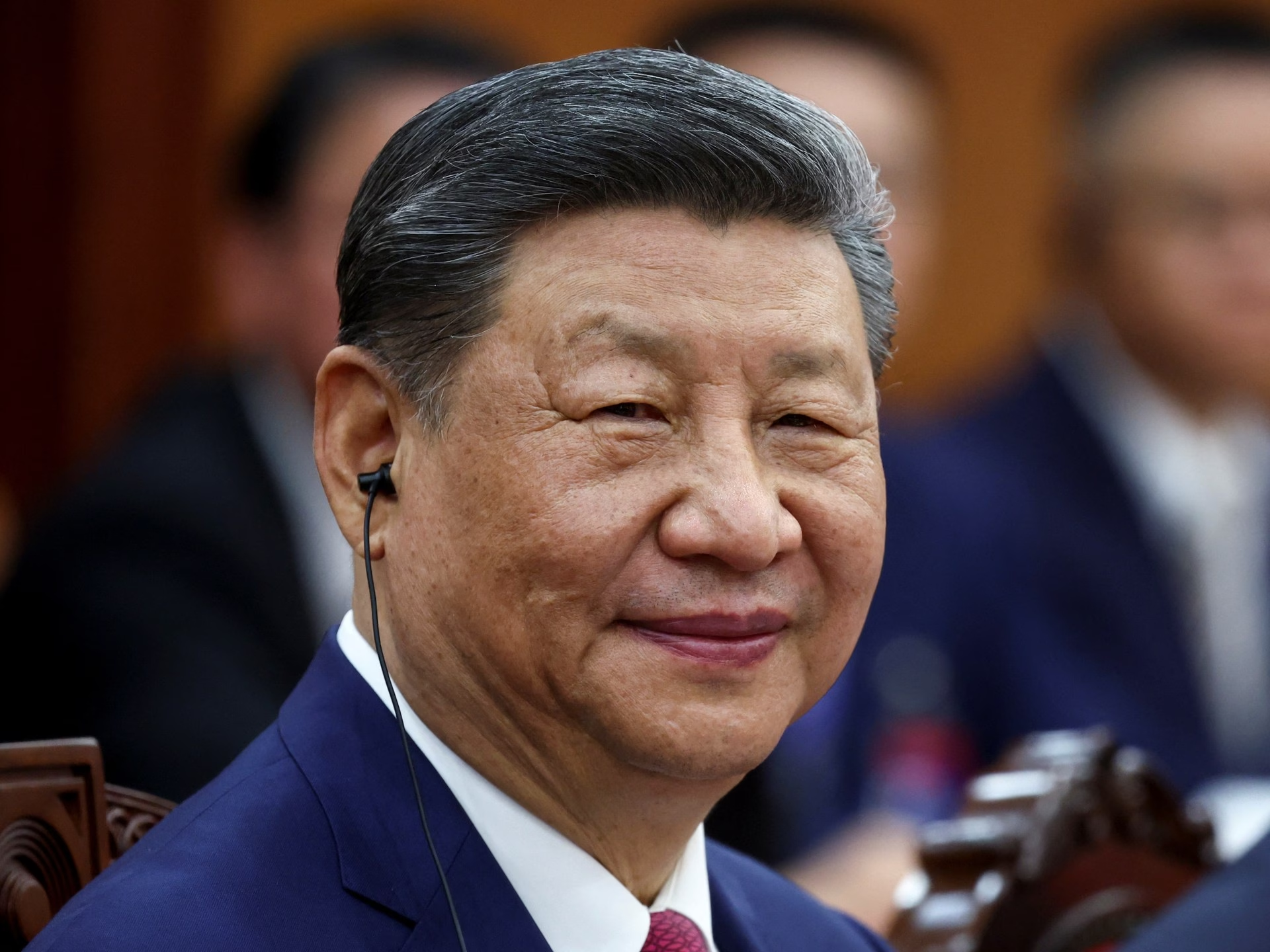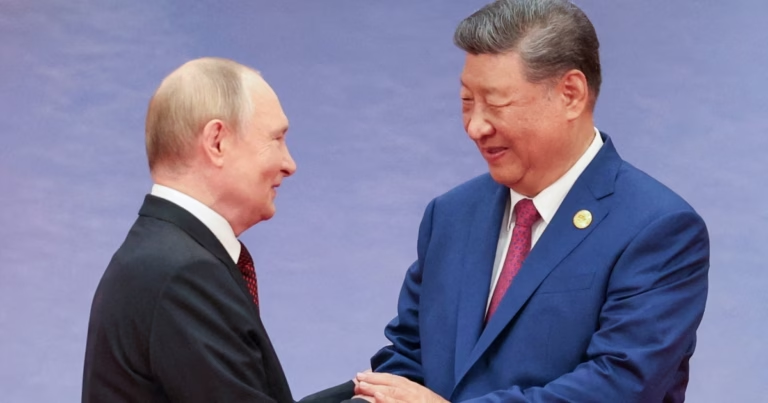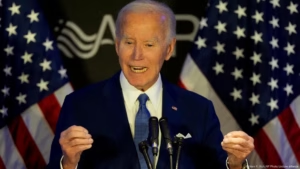Reaching Kuala Lumpur in the evening, marking his first visit to Malaysia since 2013, Xi arrived from Vietnam, where in Hanoi he made many trade deals on topics from artificial intelligence to railroad development.
Upon arrival, Xi stated his goal to deepen “strategic cooperation,” thinking it would boost the common interest of China and Malaysia, and improve regional peace, stability, and prosperity.
Xi’s three-nation tour sends a message that China is the better friend for Southeast Asia compared to the turbulent policies of U.S. President Donald Trump. This comes as several nations in the Association of Southeast Asian Nations (ASEAN) have dissatisfaction with the U.S. due to large tariffs placed globally.

“This visit is very significant,” Mohamed Nazri Abdul Aziz, a former Malaysian ambassador to the U.S. and minister of legal affairs, told Al Jazeera. “China is showing us that they are reliable for trade, more than the U.S. We’ve had no issues dealing with them,” he added, noting the long-term reduction in Washington’s influence in favor of strengthening relations with China.
Although Washington has imposed a 24 percent trade tariff on Malaysia, Xi’s visit aims to strengthen trade ties with Malaysia and encourage countries to look towards Beijing rather than the U.S.
Xi will be in Kuala Lumpur for three days, meeting with Malaysian King and Prime Minister, and attending state banquets before heading to Cambodia. Through his “new international order,” Xi is showing his drive to establish China as an alternative to the U.S. by promoting use of national currencies instead of U.S. dollars and advocating for economic globalization.
“Malaysia is important for China because of its sizeable population, developing high-tech base, and its current chairmanship of ASEAN,” said Willy Wo-Lap Lam, a senior China analyst. “China hopes to increase trade with Malaysia after expectations of reduced exports to the U.S.”
Alfred Muluan Wu, an associate professor at the National University of Singapore, agrees that Beijing also sees Malaysia as part of its traditional sphere of influence, economically and politically. The “China Plus One” strategy involves China-based companies diversifying their supply chains and establishing plants in countries outside China.
“The real reason for Malaysia’s closer ties to China is about business,” said Ei Sun Oh, principal adviser at the Pacific Research Center of Malaysia. “Malaysia is keen to attract investments and gain market access in China.”








